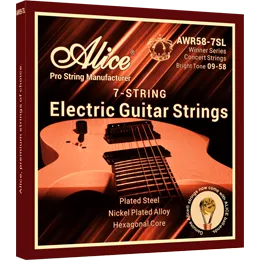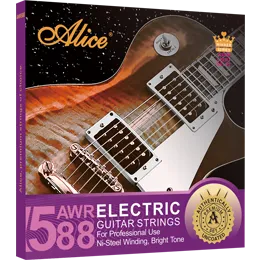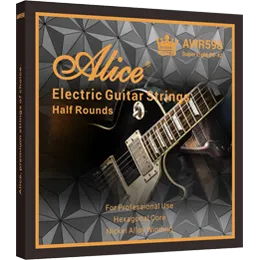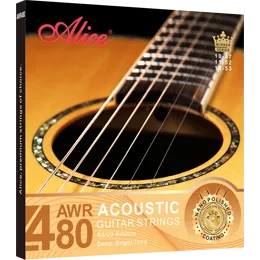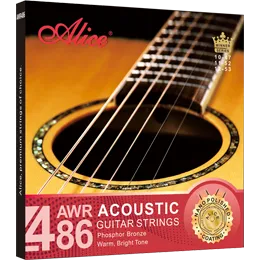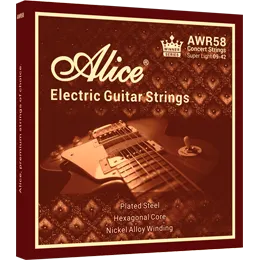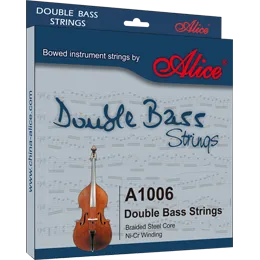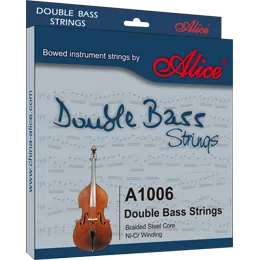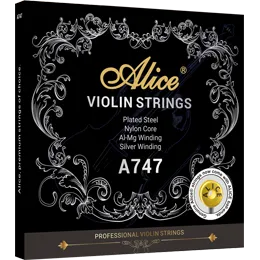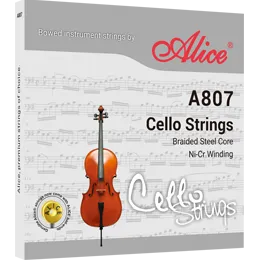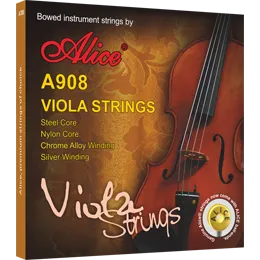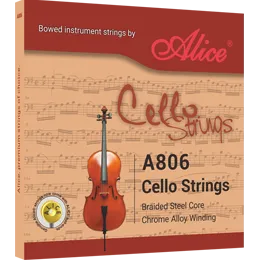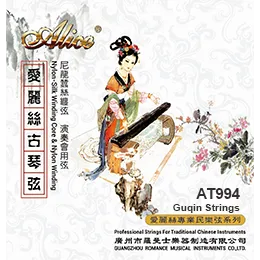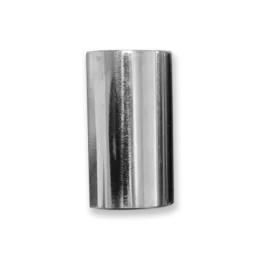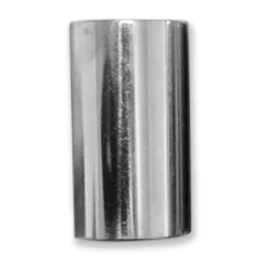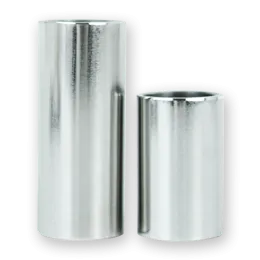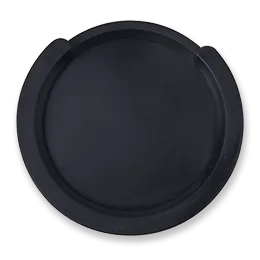Acoustic VS Electric Guitar Strings: All You Need to Know
There are many types of guitar strings, and each of them can bring a different sound to the instrument. The sound of a guitar string depends on many aspects, including the material, gauge, core, coated of the string, and its winding ways.
Acoustic and electric guitar strings are the two major kinds of guitar strings relating to the timbre and effects of the guitar. This article will introduce the differences between acoustic and electric guitar strings. Follow up and keep reading!

1. Materials
The electric guitar strings usually consist of three common metals: nickel-plated, pure nickel, and stainless steel. The nickel-plated strings are popular and cover most of the electric guitar strings. They are made of steel and coated with nickel, which helps soften the touch. In addition, the nickel-plated strings balance the characteristics of nickel and steel on one string for warm and bright tones.
Pure nickel strings have a warmer tone and a thicker sound than other electric guitar strings. Therefore, pure nickel strings are best for classic old-school or retro-style songs such as blues, jazz, or classic rock.
The pure steel strings produce the brightest and loudest sound of all-electric guitar strings, making them perfect for rock. In addition, it has good corrosion resistance because it is made of a highly magnetic alloy. This characteristic makes it more durable than other electric guitar strings. However, these strings will wear out your frets faster than nickel-plated or pure nickel strings.
● Acoustic Guitar Strings
People often play folk songs with acoustic guitar strings because of their warm tones. So, they are ideal for soft tonal genres such as ballads and lullabies. In addition, acoustic guitar strings are best for smaller-sized guitars. In contrast, the electric guitar strings produce a brighter tone, so they are perfect for aggressive music genres like heavy rock or hip-hop.
3. Gauge
Wound strings are much thicker, so wound strings produce a warmer sound. Acoustic guitars have more wound strings than electric guitars. In most cases, the four acoustic guitar strings with the lowest volume are all brass or bronze wound. However, for electric guitar strings, only the former three strings(E, A, D strings) have nickel plating.
Why Choose Alice Strings
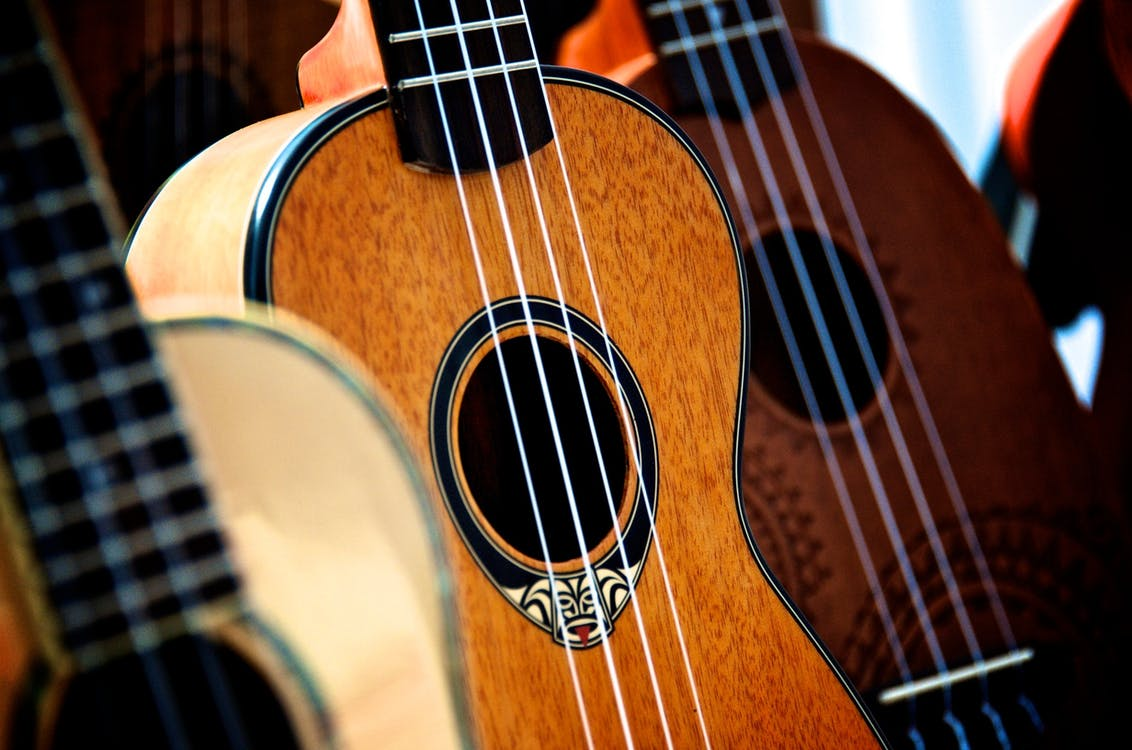
Established in 1999, Alice Strings has built five modern workshops with a total area of about 30,000 square meters and twelve professional production lines. The company is one of the most influential musical instruments and accessories.
In addition, Alice Strings has a professional R&D center with all materials and products tested to ISO9001:2015 standards. We offer more than 2000 products to meet music lovers' needs, including classical guitar strings, acoustic guitar strings, Classical Guitar Strings, Acoustic Guitar Strings, Electric Guitar Strings, Acoustic Bass Strings, etc.
If you are looking for a reliable supplier. Contact us!<span style="font-family:" line-height:150%;font-size:12pt;"="">
Relate News
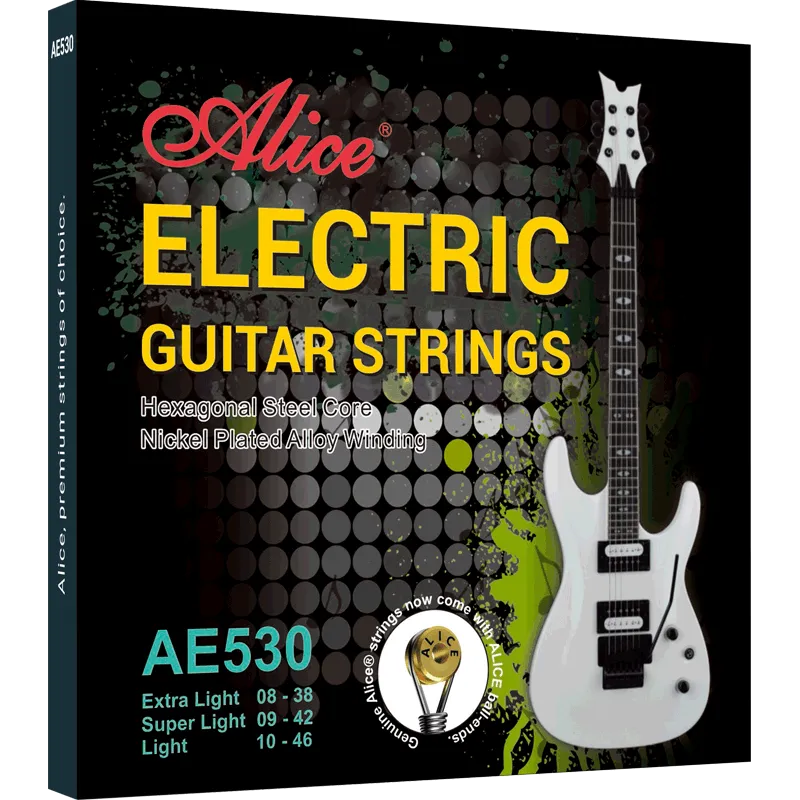
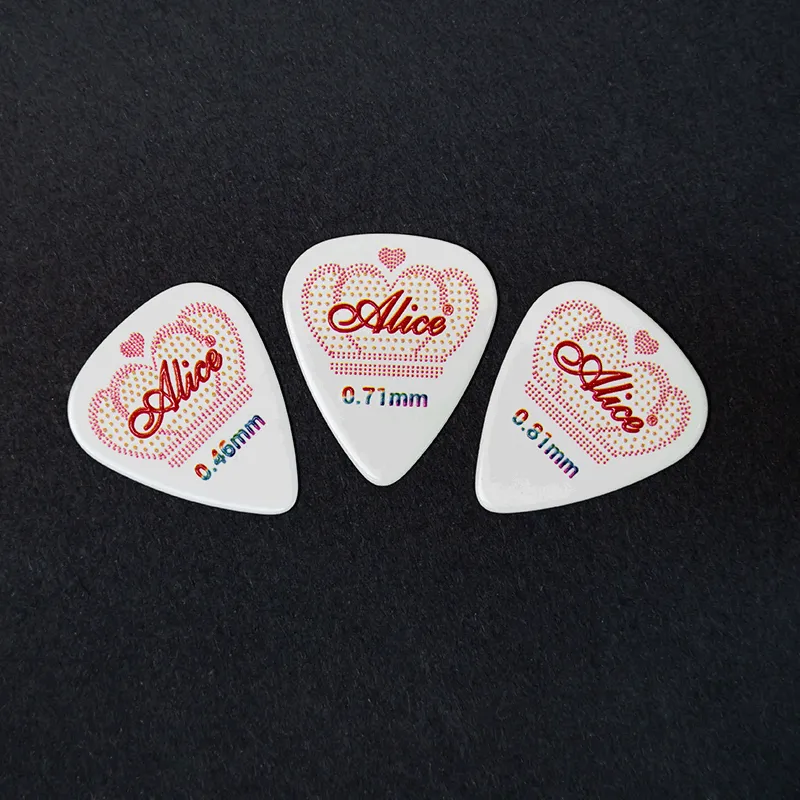
How Guitar Picks Affect Tone – And Why Stocking the Right Types Matters

Electric Guitar Strings Gauge Chart: A Complete Guide for Guitarists
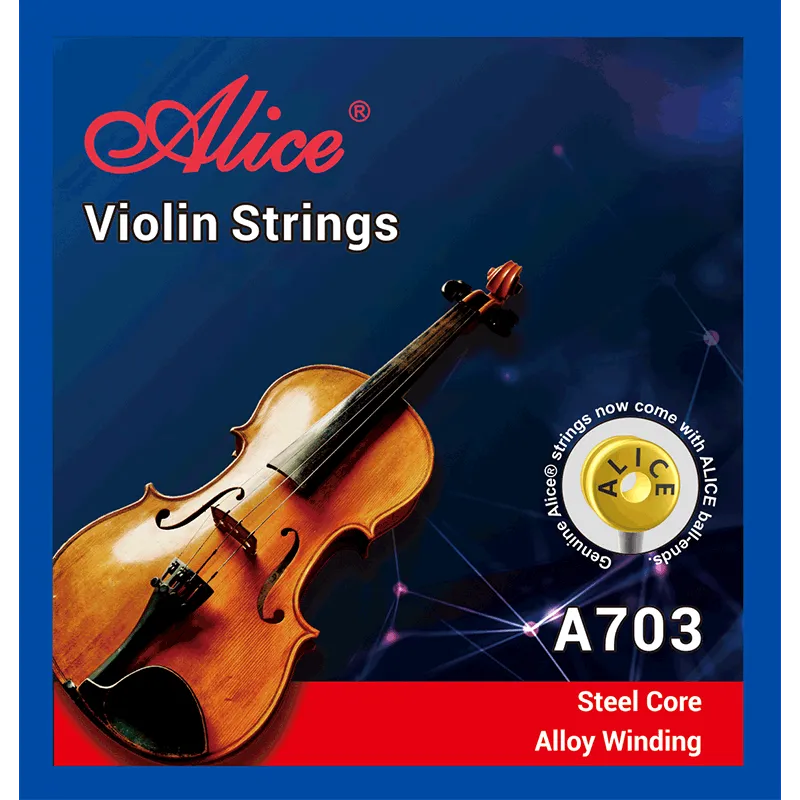
What Are Violin Strings Made Of?
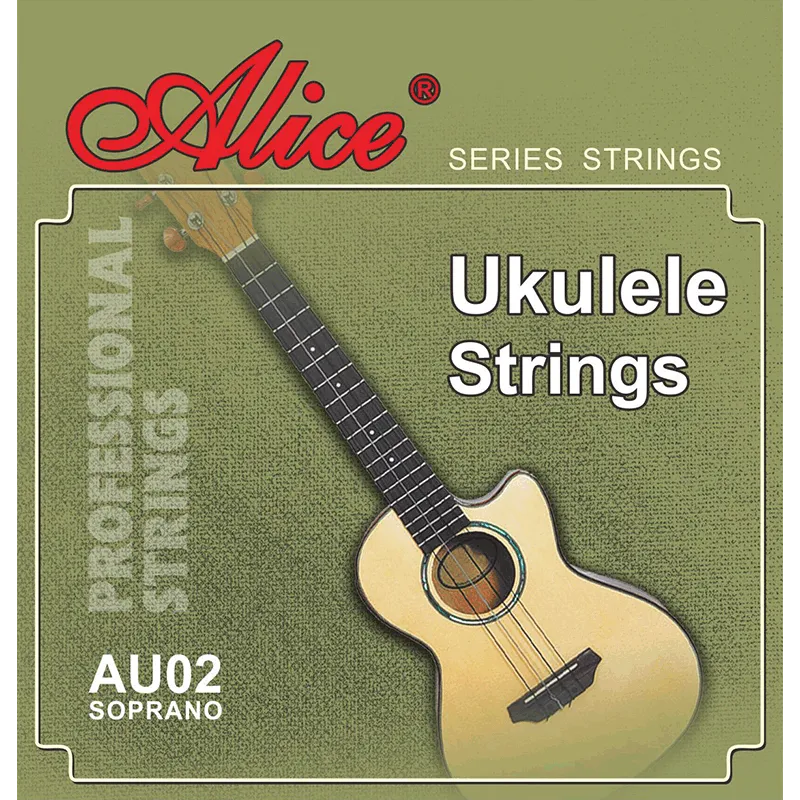
Folk Instrument Strings: Types, Materials & How to Choose the Right Set
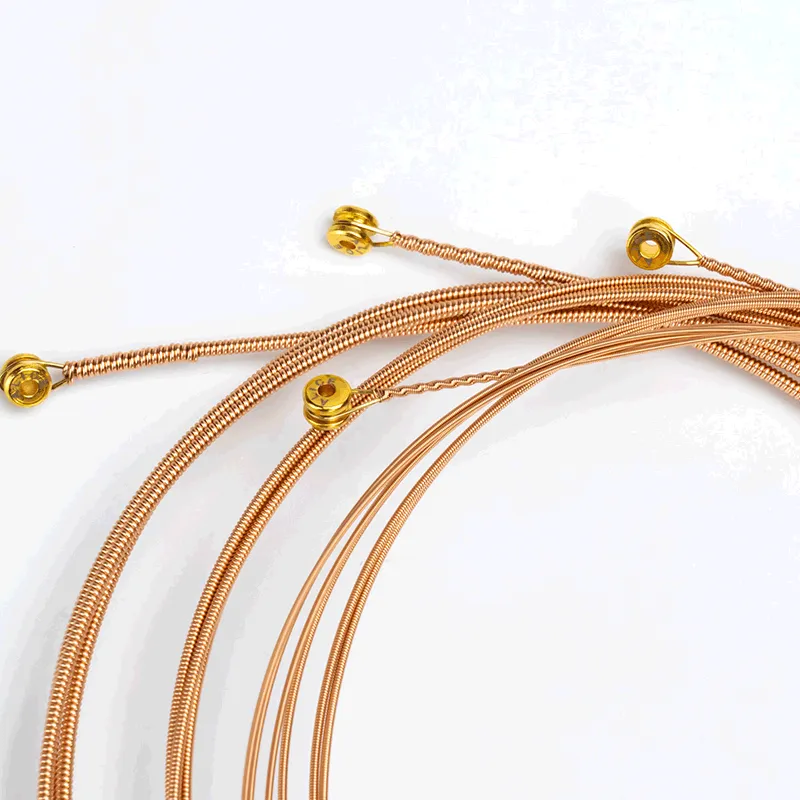
Which Acoustic Guitar Strings Fit Different Music Styles Best?
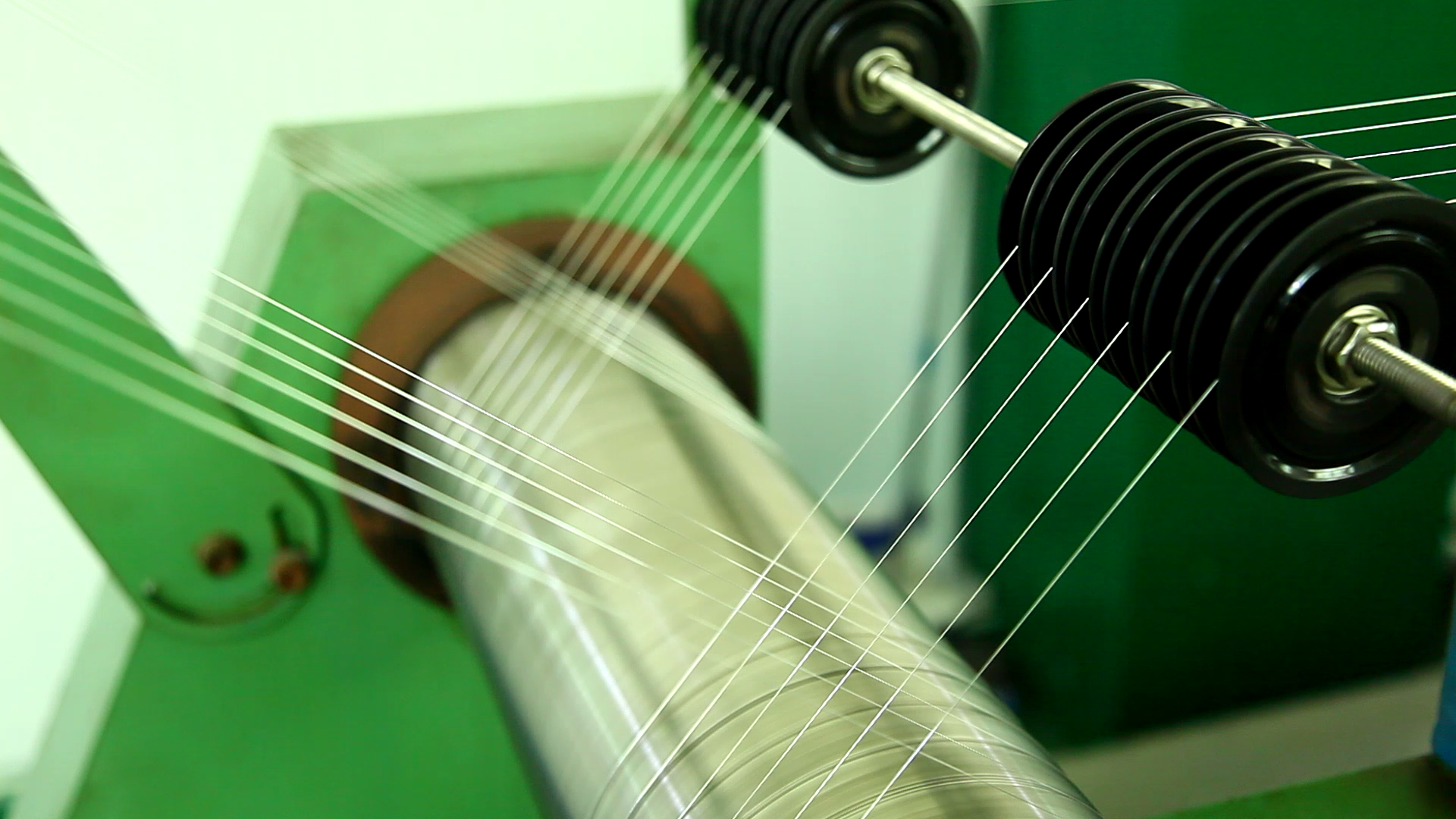
Common Guitar String Problems: How to Fix Tuning Issues, Rust, and String Breakage

Complete Guide to Guitar String Materials: Which One Is Right for You?
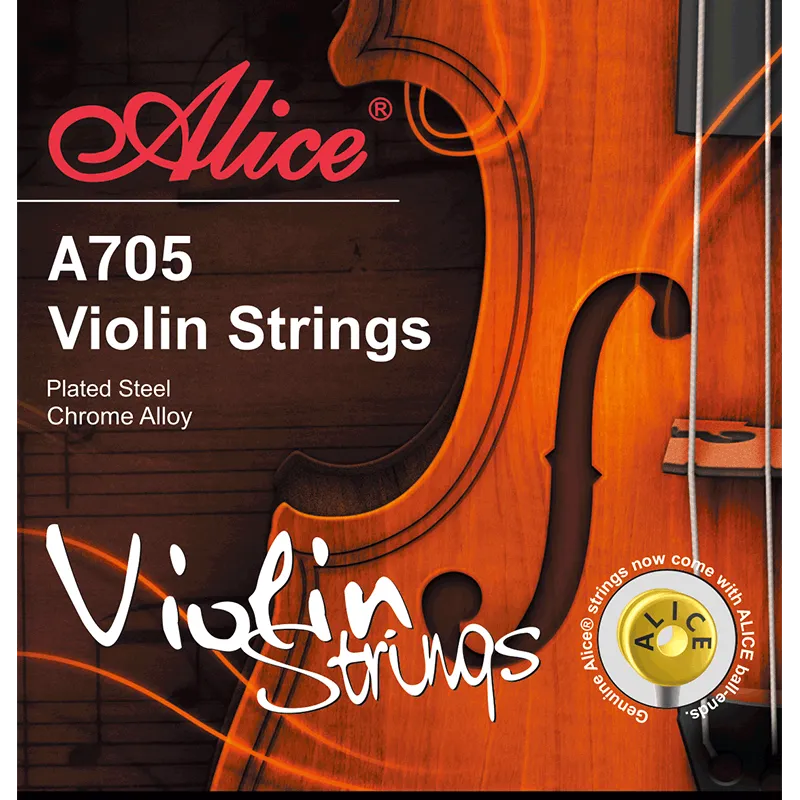
The Complete Guide to Orchestral Strings: Everything You Need to Know
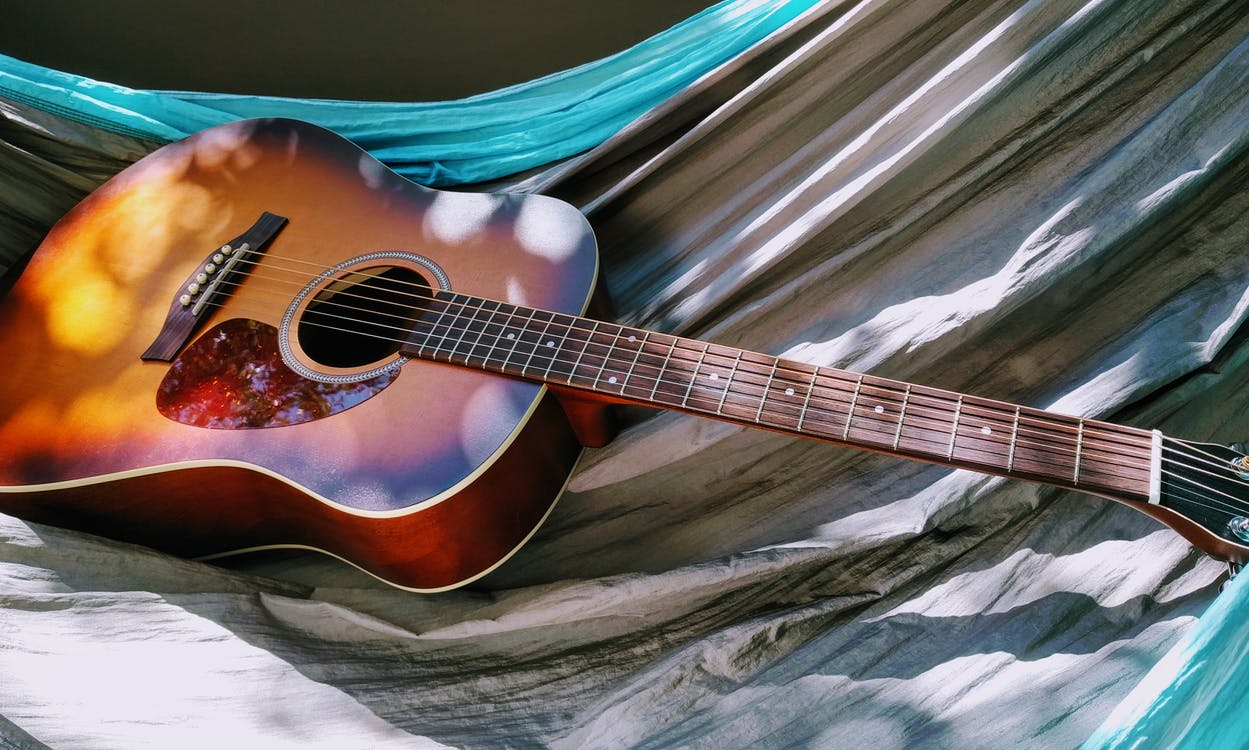
Inside the Craftsmanship: The Manufacturing Process of Guitar Strings
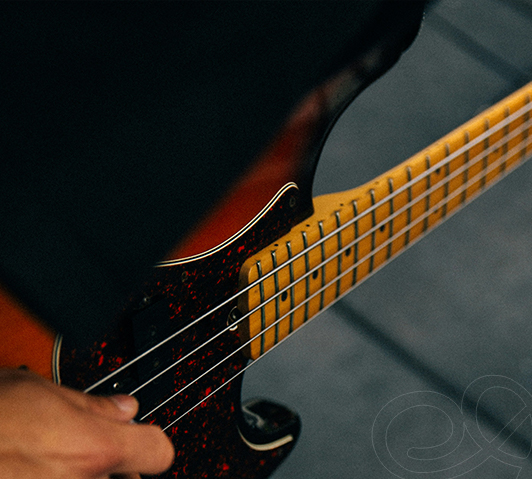
Guitar String Guide: Top Picks for Electric, Acoustic, and Classical Guitars



